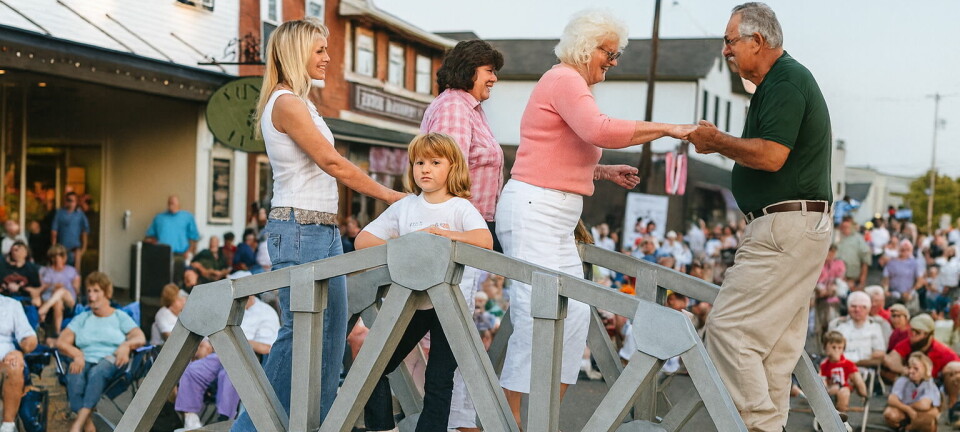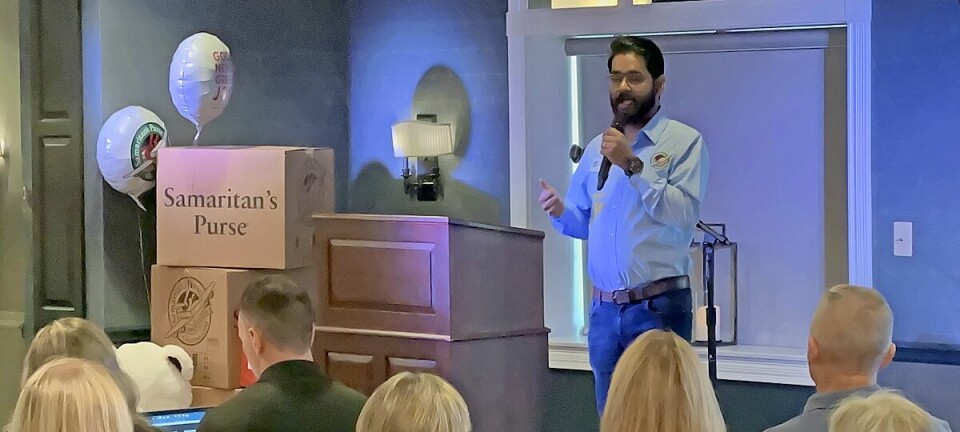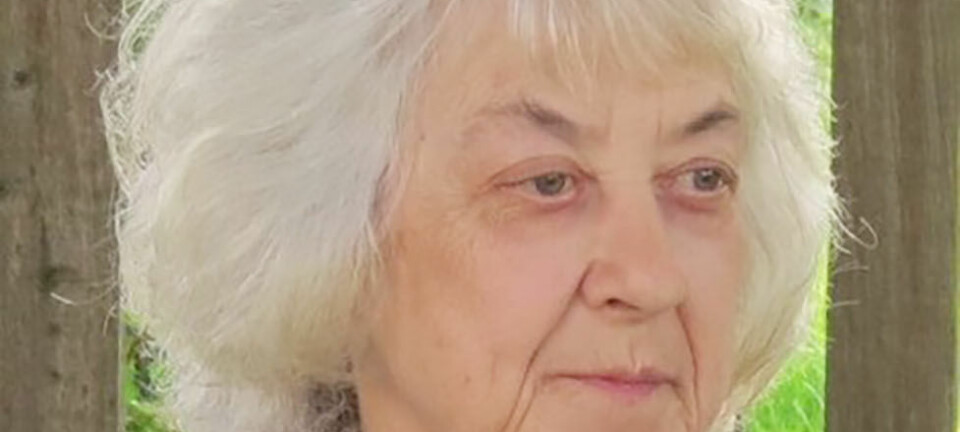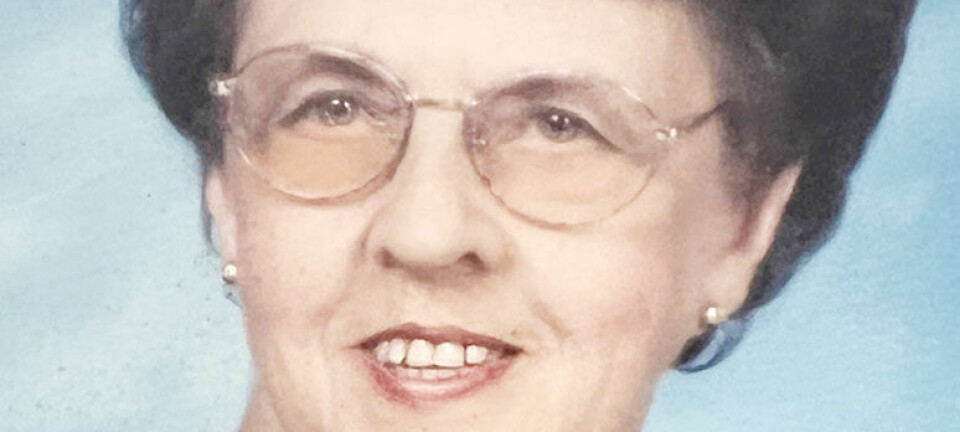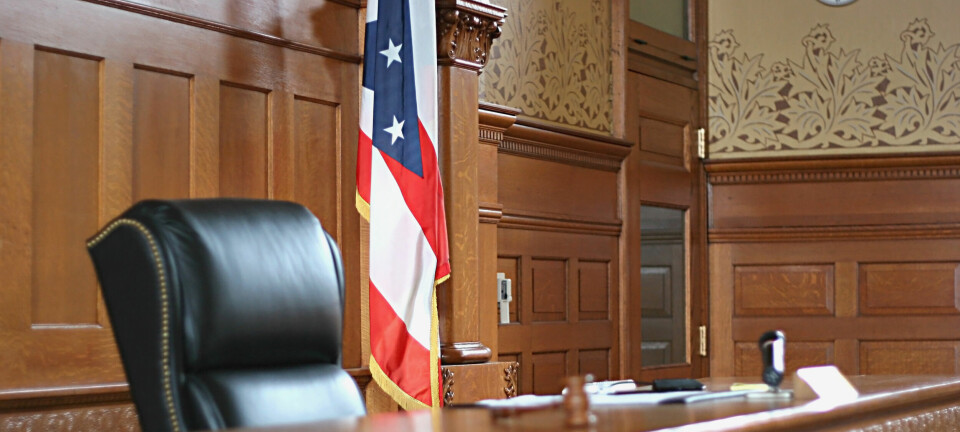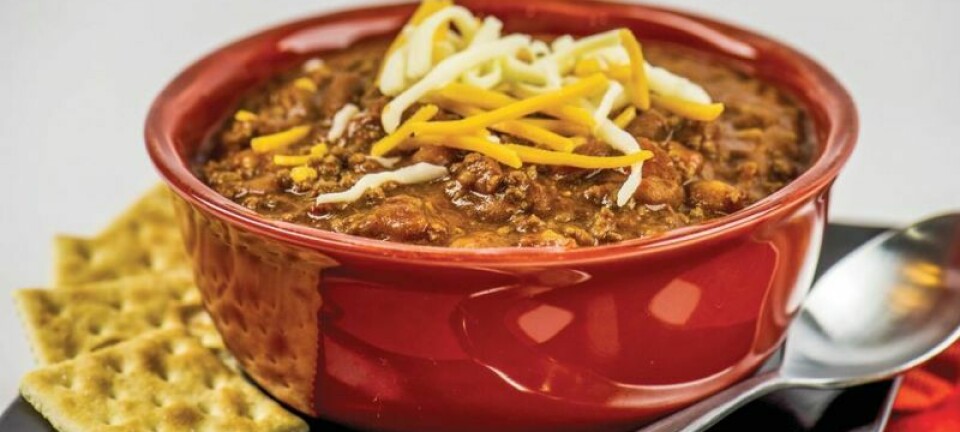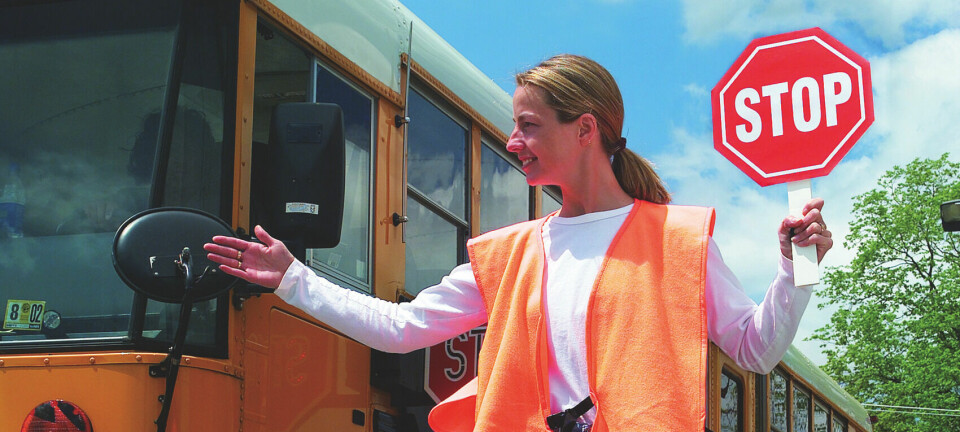Church continues to provide tasty Moravian sugar cake
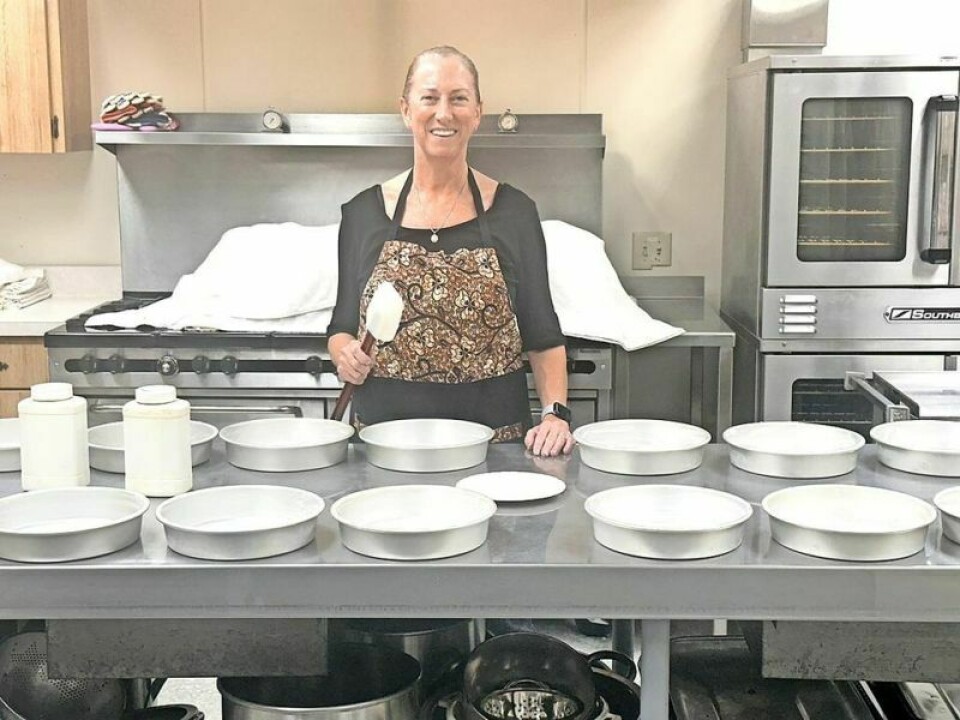
Among the most requested sweet treats in the area are Moravian sugar cakes. A fundraising project of the Dover First Moravian Women’s Fellowship, the desserts are baked once a month from September through April and sold to customers who have ordered in advance. The baking process takes an evening and a good portion of the next day to complete.
Coordinator Lorrigan Booth said the group of eight to 10 who make the cakes will bake between 285 and 300 each month, with demand being even higher during holidays.
Kristin Becker buys the supplies for each month’s baking.
“I spend about $600,” she said, “and buy 125 pounds of flour, 47 pounds white sugar, 117 pounds light brown sugar, 32 pounds margarine and 27 pounds butter, 14 dozen eggs, 7 1/2 gallons milk, 36 ounces cinnamon, two large cans Crisco, salt, and red rye yeast.”
Instructions from no one knows when say, “Never use Alum Baking Powder and only use Gold Medal Flour.”
Both Dover First’s written history and those who were involved in baking the cakes at the beginning are gone, but bits and pieces are remembered by some of the older members. Karen Armstrong, who was part of the team in the 1960s, said both the recipe and the process have changed over the years.
“We used to mix the first ingredients by hand, which required an evening of long, hard stirring,” she said. “Once a couple of men joined the group, they were able to mechanize the process, making it much easier. With our conventional ovens, we had to keep rotating the pans throughout baking so that everything was done at the same time. The newer convection ovens take care of that. Those are both time savers.”
The recipe also has changed. Originally, the first ingredient in the cakes was mashed potatoes. The local church no longer uses them. It is thought their use has the potential to add too much moisture, making the cakes dense and heavy.
Booth described the baking process: In the evening the primary ingredients are mixed, with yeast added and left to rise. Starting at 4 a.m., the morning team divides the batter into greased pans, sprinkles with cinnamon sugar and allows them to rise again. The next step is poking. Using either fingers or the handle of a wooden spoon, the team pokes holes from top to bottom of the cakes. Butter and sugar are poured into each hole, and then the cakes are sprinkled with cinnamon sugar and baked.
According to a local folktale, Moravian men once scrutinized the thumbs of potential partners before they proposed because they said bigger thumbs meant sugar cakes with deeper dimples, allowing for more butter and sugar to soak into the pastry.
Moravian settlers who came to North Carolina in 1753 brought the original recipe with them. The forerunner of today’s coffee cake, the sugar cakes are similar to German Zuckerkuchen and Butterkuchen. They were used to celebrate such church occasions as Love Feast, Easter and Christmas but have become so popular they are often found in breakfast menus in the south and used as fundraisers when sold to the public. At Dover First, all profits are used by the Women’s Fellowship to fund missions that help others.
Booth said anyone wishing to purchase a cake must order ahead. The cost is $7 a cake, and while there is no ordering deadline, it is a first come, first served process. She said the cakes are best when eaten slightly warm. They also can be frozen.
The next baking days will be Tuesday and Thursday, Dec. 17 and 19. Those interested in purchasing cakes should call Susan Paden at 330-364-7101, not the church office. The group will take the month of January off and resume baking through February, March and April.


